Asthma

7 Steps to getting the most out of your inhaler
There are many ways for you to control your asthma or COPD better, and one of the most important ways is using your inhaler correctly. These tips will help you master your inhaler technique.

Leading asthma professor: “Prevention is better than cure”
Asthma treatment today goes beyond easing symptoms – it’s about prevention and listening to patients. We spoke to Professor Desmond Murphy, who shares how this shift helps people with asthma live more active, confident lives.

Getting prepared for heat waves and poor air quality with asthma and COPD
When the heat rises and air quality drops, breathing can become a battle. For people with respiratory conditions, the poor air quality can mean more flare-ups, difficulty breathing, and a higher risk of infections. Here’s how to protect yourself when rising heat waves and changes in air quality make it harder to breathe.
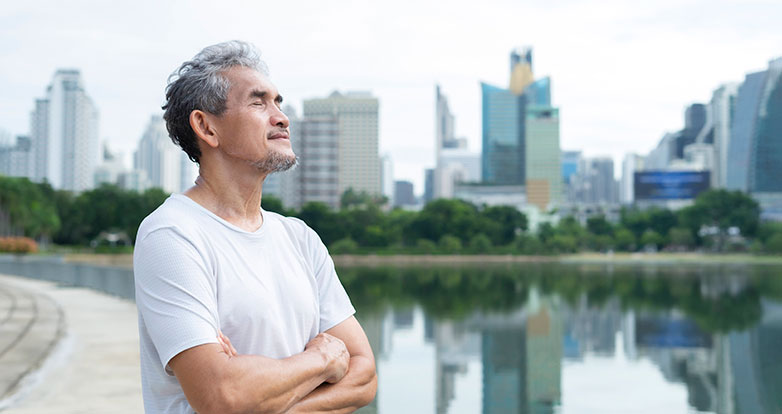
How climate change and nature loss are connected to the way we breathe
How are climate change and nature loss affecting the way we breathe? Discover in this article how shifts in planetary health are impacting asthma and COPD, and why climate matters are also lung matters.
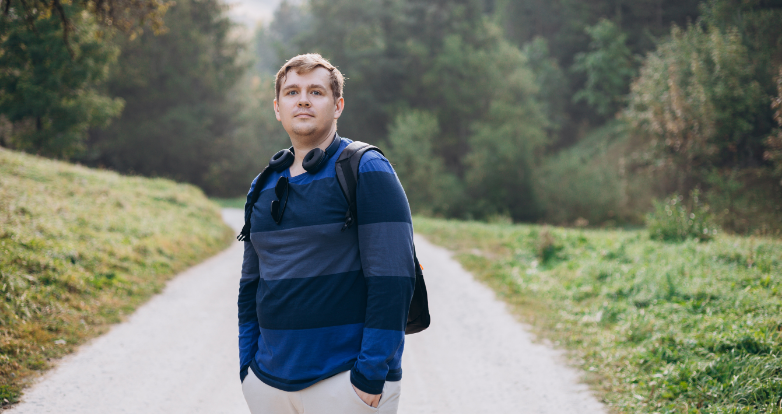
Do I have asthma?
Having trouble breathing? Having a persistent cough? Here’s how you can tell if you have asthma.

Asthma in a nutshell – 10 questions and answers about asthma
What causes asthma, how does asthma affect your lungs, and how is it treated? Here are answers to some common questions.
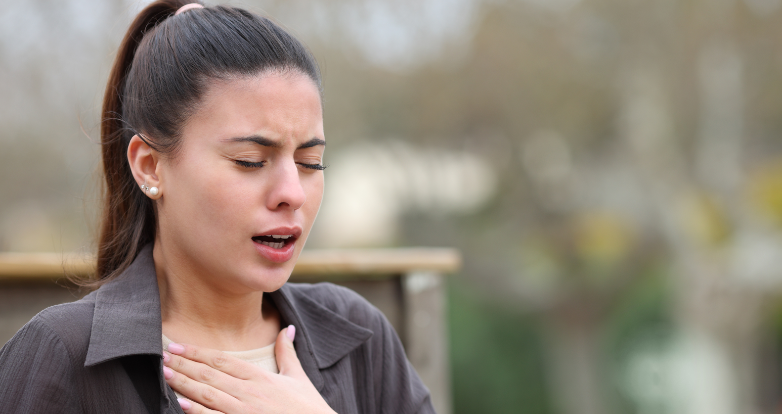
How to deal with an asthma attack
From wheezing to tightness in the chest, asthma attacks can cause a range of respiratory symptoms, and they can be potentially dangerous. Read on to learn more about how to deal with an asthma attack.

Care for a cleaner world – Why aiming for carbon neutral care matters, and what it means for asthma and COPD
The detrimental impact of health care on environment and climate can be mitigated through minimising greenhouse gas (GHG) emissions and offsetting – creating carbon neutral care options also for asthma and COPD.

Breathing for happiness
25 September marks World Lung Day – an important day for lung health advocacy and action. In this special feature story, we take a deep dive into the science of breathing with psychologist & researcher Emma Seppälä, Ph.D.
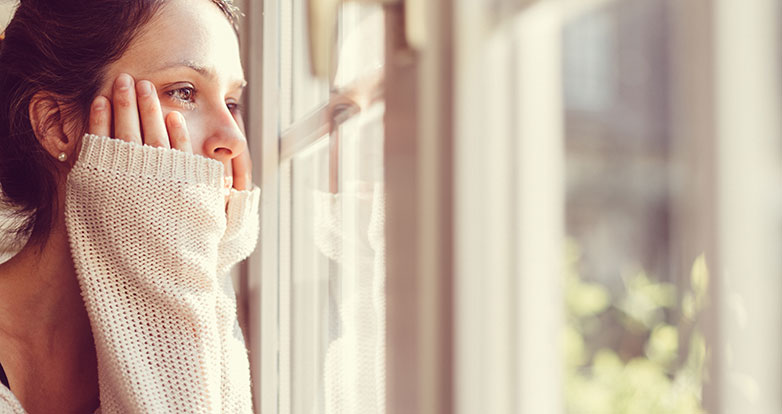
Common questions about inhaled corticosteroids
Are you concerned about taking corticosteroids to control your asthma? We looked at some common questions when it comes to preventer inhalers.

Asthma treatment top tips – what everyone with asthma should know
Have you ever wondered about the different treatment options available for asthma? We spoke to asthma expert, Consultant Respiratory Pharmacist, Dr Anna Murphy, to take a deep dive into optimum asthma treatment.

7 steps to getting the most out of your inhaler
There are many ways for you to control your asthma or COPD better, and one of the most important ways is using your inhaler correctly.
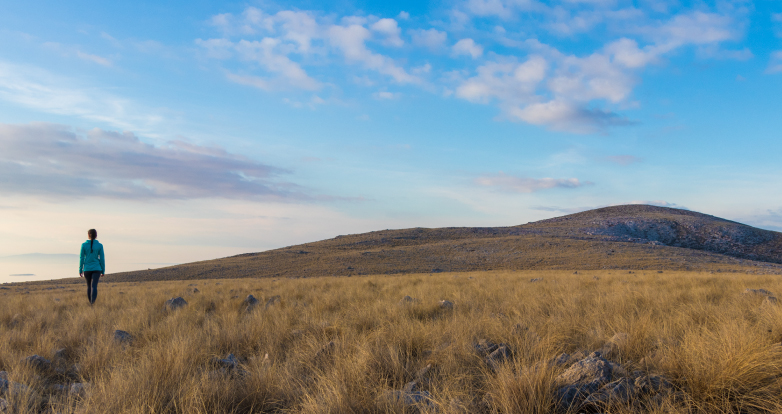
5 common asthma myths debunked
Asthma is a common respiratory condition affecting millions of people worldwide. It is a chronic inflammation of the airways, causing them to be sensitive and narrower. When it is not well managed, it can lead to breathing difficulties.

Best for the planet and the patient – What to know about the environmental impacts of asthma and COPD care
How sustainable is your inhaler? Respiratory specialist, Professor Christer Janson’s ground-breaking study on the environmental impacts of asthma and COPD treatments, has revealed some surprising results.
Read more

